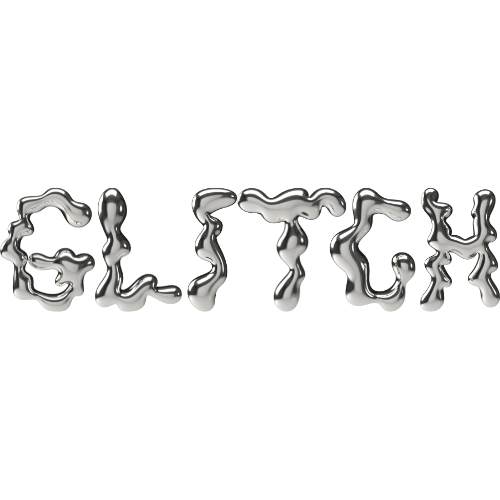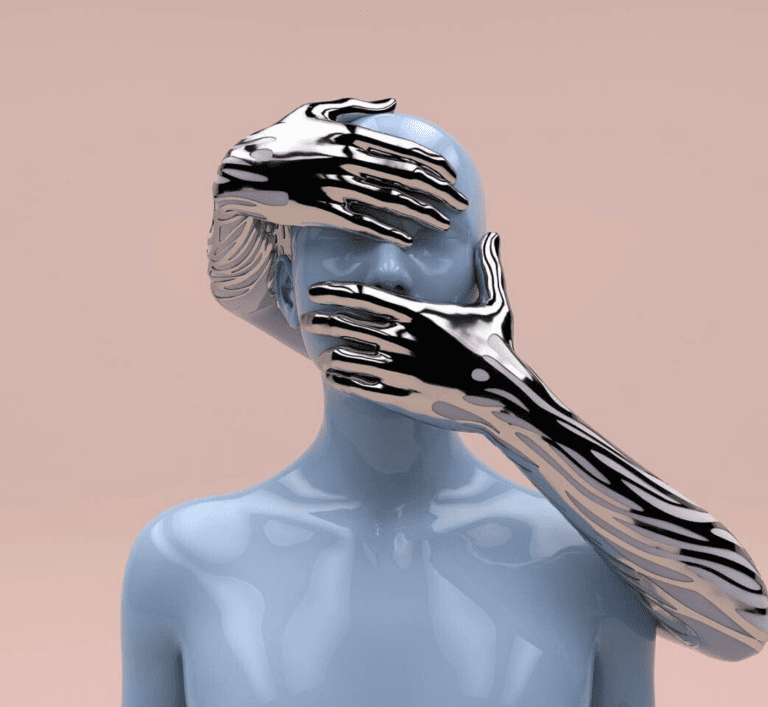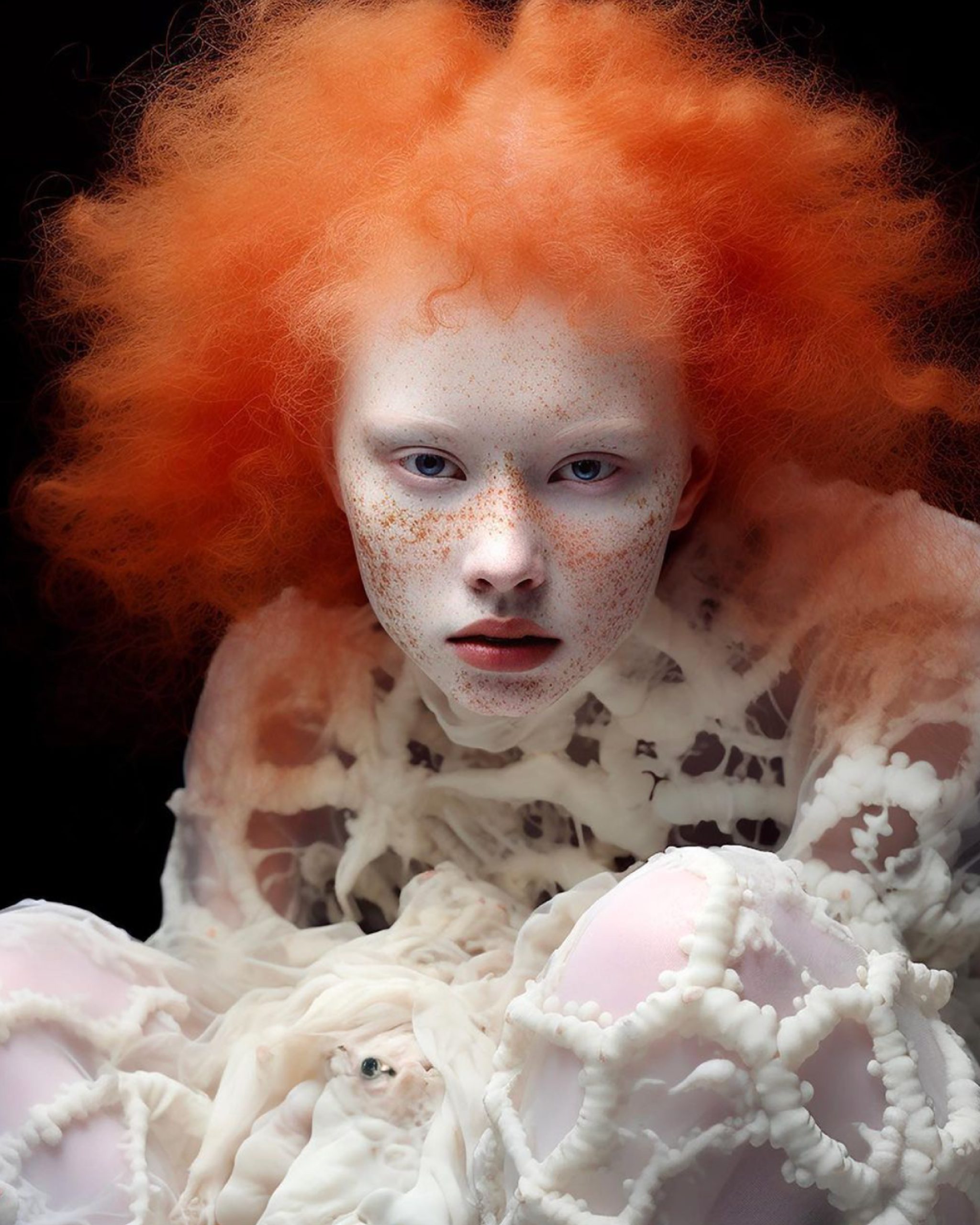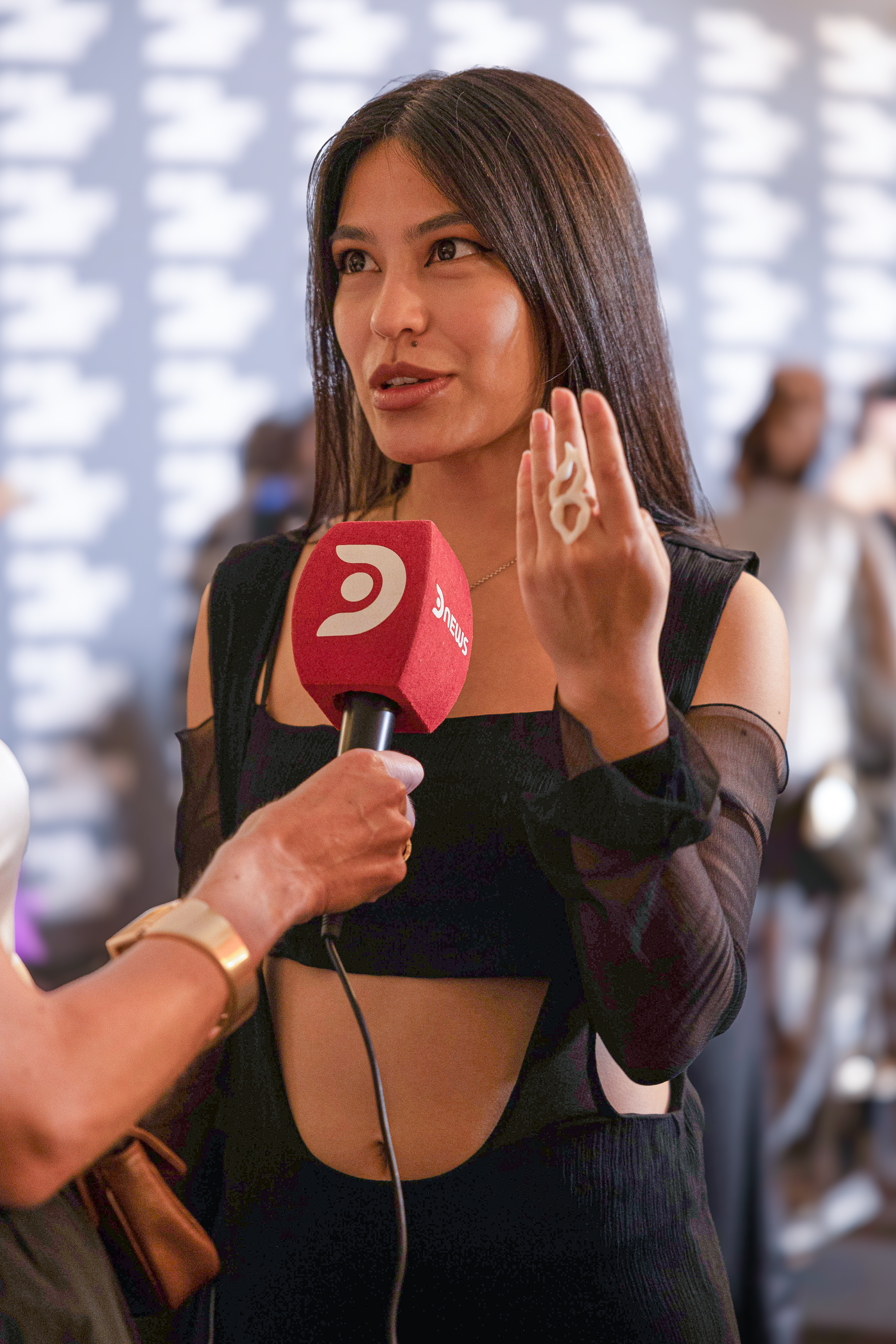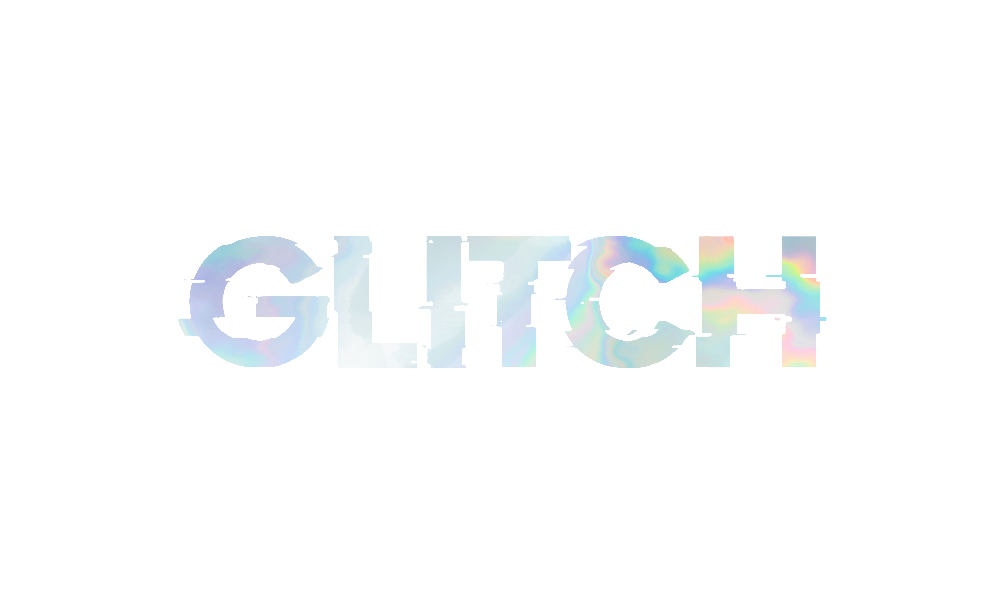In a troubling juxtaposition, social media seems to bring us closer to those who live far from us, and further away from those who live just streets away. Prior to AI becoming a tool for the everyday social media user, there stood the ever-present struggle to achieve an unnatural level of perfection. Humanity has become tightly gripped by dominant platforms that have flooded feeds with tainted promises of enhanced connectivity. AI is no longer a crew member behind the scenes, in 2023, it took the stage and provided a higher level of accessibility and innovation. Social media is smoke and mirrors, but the apprehension around usage of AI is beginning to clear away the smoke, and replace the mirrors with windows that allow users to gaze into the reality they were born into. For some, visible AI integrations across networking platforms have allowed people to witness the extent of their digital addiction.
Will AI be responsible for the death of social media as we know it?
Humans are intuitive beings, and by nature, are rebellious. While AI is being pushed into our everyday reality, many are instinctively turning the other way. Others gaze ahead with a trembling gut feeling that things may go wrong. AI’s place in humanity’s future has become a highly debated topic, but the paranoia and tentativeness around AI may be a crucial factor in regulating it.
“AI is a mirror of society and we know it. That can also be a detriment because that includes our biases. It includes all the information and all the things that we have put into the world that AI now analyses. We have influenced that data set.” explained Emily Graham, chief enquiry and impact officer at Omnicom. For the everyday citizen, valuing the art of balance is of the utmost importance. Humans aren’t “becoming more aware”, we already are and always have been. Social media has held a distorted mirror to our faces and claimed it to be an accurate representation of who we are. Humanity has been led astray, but through it all, intuition and consciousness prevail. In the world of content consumption, there has been a recent push for longer-form content, a shift from the short-form trend that amplified the dreaded “doom scroll”. While this push could solely be a way for platforms to keep users active and engaged for longer periods, I believe it goes deeper than that. Platforms are puppet-masters, but we aren’t necessarily puppets. Without user satisfaction, the strings are broken. Before the push to revert to predominantly long-form content, there was a wave of users that brought to light the negative impacts of short-form content on attention spans. A shift towards awareness closed the chapter to 2023 and set the tone for 2024. Humans want clarity, and humans want human connection.
The Fate of Social Media in 2024
The social media tower is crumbling with lawsuits, revenue loss and a foundation of users that are pushing for change, uprooting the toxicity and replacing it with a more mindful approach. Progression is always met with necessary resistance. This resistance provides a natural balance, limiting the possibility of total catastrophe. AI integrations for users in 2023 went through what can be described as a “honeymoon phase”. Artists and creatives began experimenting with AI-generated pieces, creating clones of pop-culture icons and replicating distinctive voices. Rapidly, the digital space became saturated, and by the end of the year the “honeymoon phase” began to wear off. 2024 could signal a colossal shift wherein AI integrations encourage humans to rediscover the things that make us human. The things that connect us with the natural world and with one another.
Industry News
On the tech front, thousands have signed a petition driven by industry experts to halt further AI developments. Elon Musk, Steve Wozniak and Emad Mostaque are some of the noteworthy names to have signed the petition. Countless petitions have been signed globally in an attempt to control the progression of AI, particularly in the creative industries. Stories like Taiwanese-American model Shereen Wu’s, who had her face digitally replaced with a white woman’s, are some of the horrifying examples of the darkness looming around the unethical use of AI. Models have been under threat by a swarm of AI bots that are becoming more hyper-realistic by the day. AI’s ability to be weaponised has understandably caused widespread alarm, but we mustn’t forget that there is prevailing power in intention. AI should enhance the business landscape, streamlining workflows, creating new job opportunities, and accelerating research in the medical sector and beyond.
AI has coalesced with the bustling online space, placing a new responsibility on online users to regulate their consumption and pay attention to how they use AI. As stated by Romain Bogaerts, director of AI product management at Real Chemistry, “What people keep calling an AI revolution is more of a user interface revolution. Some of these models existed, but just a small group of engineers could use them.” It’s a time of uncertainty and apprehension, but that very apprehension is responsible for balancing the equilibrium, leading us to a more conscious future.
Written by Ashley Jade Callahan
